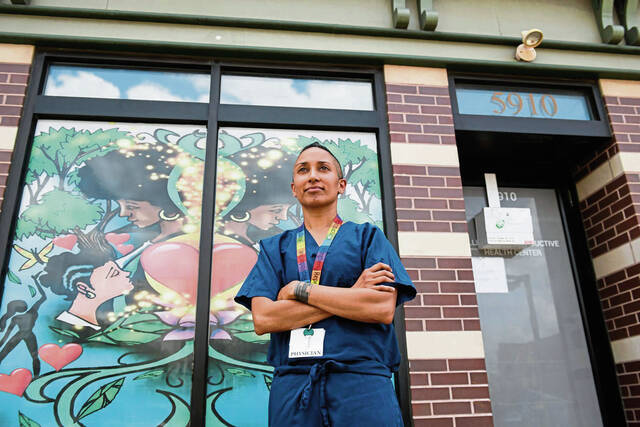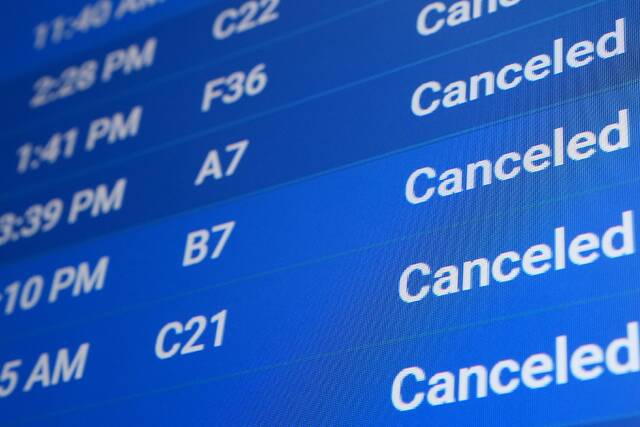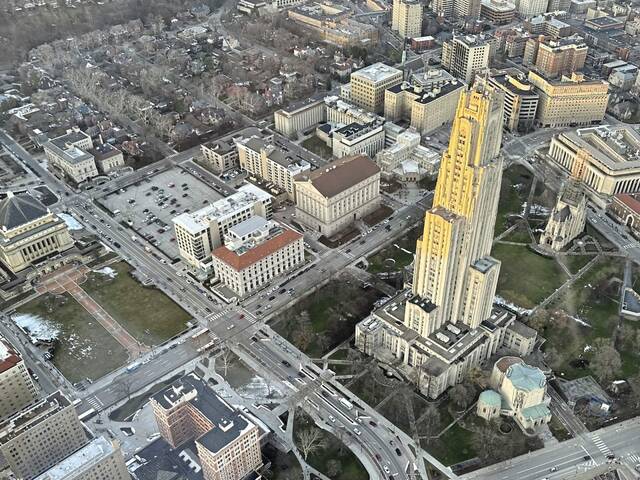The covid-19 pandemic will long be remembered as a time that upended people’s lives and livelihoods and caused too many family tragedies to count. Each day, there is more depressing news about more cases and more deaths. It creates a shadow of doom over our society and world.
Many ways we normally would cope with collective trauma won’t work now. Going to church in person is out of the question. Shopping or an evening out with friends? Not safe and not allowed by order of the governor.
At least everyone is sharing in this experience. We are all in the same boat. The covid-19 angst can become almost bearable knowing everyone is going through much of what you are.
But not everyone is sharing in this experience equally, because some are isolated from human contact. Not everyone has access to the internet to stay connected. For those with no human interaction to speak of and no internet, feelings of isolation and abandonment can settle in.
Picture, for example, an elderly person who has no access to the internet, lives alone and is cut off from socializing with others. Even those providing social services such as Meals on Wheels are prevented from normal conversation. The outcome can be depression, lethargy and possibly even thoughts of suicide.
But there are even more tangible harms. Telemedicine is great … if available. A person who does not have broadband access is deprived of medical care via telemedicine and may be forced to travel great distances to visit doctors. It is a sad irony that those isolated individuals who need mental health counseling or medical care the most are unable to receive it because they are on the wrong side of the digital divide.
For students, schools are closed and most are expected to learn remotely. For those with no broadband access, this is not feasible, and in-person tutoring is not an option because of social distancing rules.
However, the key word in the first paragraph is “remembered.” Even though what we are going through is catastrophic in scope, it, too, shall pass. World War II ended. The Great Depression and its little brother, the Great Recession, are old news.
That does not mean that there won’t be indelible scars from covid-19. Financial, spiritual and social wounds will remain long after all this is over.
But we will recover from this adversity. That is what Americans do.
When Pennsylvania begins its trek back from the coronavirus brink, the General Assembly will resume more normal operations. Eventually, the Legislature will return to Harrisburg. The Pennsylvania State Grange urges lawmakers to make high-speed access to broadband an urgent priority. Many government employees are experiencing what it’s like to try and work from home with no, or inadequate, broadband.
Those without internet or cell service are at an even greater risk during this pandemic. We as a society can no longer leave them on the wrong side of the digital divide. This is as much a moral mandate as it is economic or even social.
Pennsylvania has an obligation to do the right thing — to make sure that people on the fringes are never left behind again. As we recover, the important thing is to learn from the covid-19 pandemic. By providing universal access to high-speed broadband, those currently left behind will no longer be put at risk or disadvantaged.
Wayne Campbell is president of the Pennsylvania State Grange.








